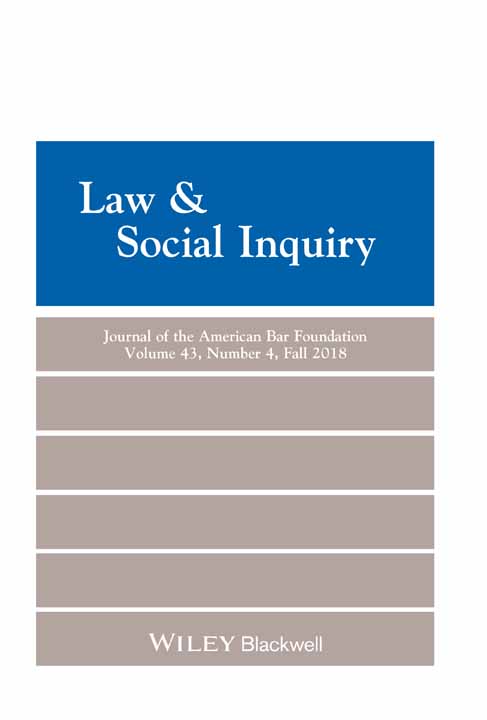Temporal Limits on the Legislative Mandate: Entrenchment and Retroactivity
This article, conceived during trying times, is due in no small part to the efforts of Dr. John Glick and Carole Eule, who jointly gave the author the necessary medical and emotional support. He is also grateful to his colleagues Joel Handler, Kenneth Karst, Stephen Munzer, Gary Schwartz, and Jonathan Varat for their helpful comments on an earlier draft.
Abstract
According to the general wisdom, legislatures lack both the power to “entrench” their enactments against alteration by their successors and the power to “retroactively” undo the efforts of their predecessors. The author argues that, rather than being in conflict, these principles share a common theme. Legislatures operate as agents of the people under constitutionally defined mandates that are limited in time as well as scope. Actions that transcend—either forward or backward in time—the temporal delegation of authority conferred by periodic elections do not bind the electorate. In the first half of the article the author suggests that an understanding of the rationale behind the entrenchment prohibition can help shed light on a diverse group of issues including congressional power to prescribe internal rules of operation, constitutional amendment procedures, and legislative impairment of contracts. In the second half of the article the author takes issue with the traditional objection to retroactivity grounded on vested rights and unfulfilled expectations. In its place he proposes a theory of retroactivity embodied in republican principles concerning the temporal relationship between the people and their legislative agents.




